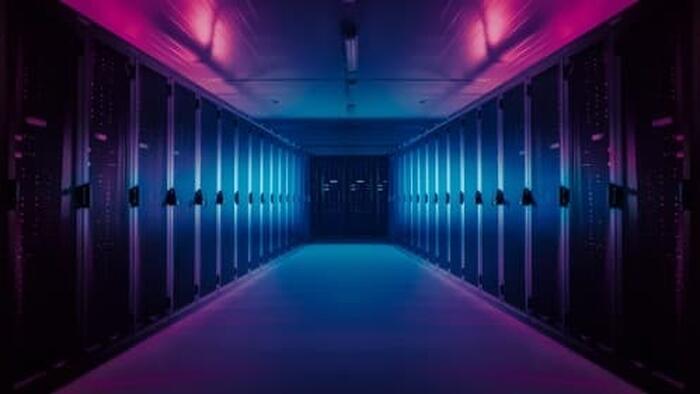The explosion in data center demand to support the growth of artificial intelligence (AI) is a pressing issue as it significantly escalates global electricity consumption. The International Energy Agency (IEA) has highlighted that this demand surge could surpass the development of renewable energy sources, which poses a risk to climate goals. With tech giants like Google, Microsoft, and Amazon investing heavily in data centers—reportedly outspending the U.S. oil and gas industry—international regulatory frameworks are urgently needed. Such regulations would ensure that technological advancements are achieved through clean energy means, thereby mitigating their environmental impact. Without these frameworks, progress on climate initiatives may be undercut by escalating energy demands from the tech sector.
In a report titled “What the data centre and AI boom could mean for the energy sector,” published in October, the IEA depicted a scenario where the global electricity demand is projected to rise exponentially, reaching an increase of 6,750 terawatt-hours (TWh) by 2030. Factors driving this surge include digitalization, economic growth, the electric vehicle boom, and a growing reliance on electricity-intensive manufacturing processes. Specifically, in regions like the U.S., China, and the EU, data centers currently account for approximately 2 to 4 percent of electricity consumption. However, some U.S. states have witnessed data centers consuming over 10 percent of their electricity, with Ireland seeing figures above 20 percent. Such trends suggest a looming energy crisis centered around a sector increasingly critical to the global economy.
While the efficiency of technology is expected to improve over time, the forecasted electricity consumption from data centers, cryptocurrencies, and AI could escalate dramatically, potentially reaching 1,000 TWh by 2026. This would equate to the current electricity needs of Japan, raising alarms about sustainability and energy sourcing. Still, proactive public-private dialogues are crucial, as the IEA urges stakeholders across policy-making, technology, and energy sectors to collaboratively manage energy expectations and consumption. Without strategic governance, the rising energy needs could outpace advancements toward renewable strategies, establishing a paradox where tech progress undermines environmental sustainability.
The unchecked growth of data centers raises apprehensions about electricity demand surpassing that of several U.S. cities or states. Developers face challenges in securing sufficient land and clean energy supplies to meet their operational needs; upcoming facilities may require around 1 gigawatt (GW) of power, equating to double the residential electricity consumption of Pittsburgh. Industry leaders, like Ali Fenn of Lancium, have described the current dynamics as a “race of a lifetime” among tech firms to secure market dominance. This intensifying competition bolsters capital investment in data centers, which may perpetuate reliance on fossil fuel alternatives across the sector, particularly natural gas, as the energy use expands unabated.
Looking ahead, the anticipated proliferation of data centers indicates a significant shift in power consumption patterns. While the U.S. is set for the most considerable expansion, Europe is also expected to see its consumption nearly triple by 2030. Meanwhile, China’s recent investment of over $6.12 billion in data center infrastructure underscores a global race for data processing capabilities. As firms begin developing massive data campuses exceeding 250 MW capacity, and potentially reaching 500 MW in the following decades, the escalating power requirement accentuates the urgency for sustainable energy solutions. The anticipated surge in gas-generated electricity could hinder progress toward achieving national and global climate objectives.
In conclusion, urgent and cohesive regulatory action is imperative for managing the energy appetite of the tech sector, particularly concerning AI and data centers. Governments must impose clear restrictions and guidelines on energy consumption, ensuring that tech companies transition to renewable resources, including nuclear options, to meet their energy needs. Additionally, considerations for slowing the deployment pace of advanced technologies may be necessary to ensure that the green transition remains a viable long-term objective. Absent these regulatory frameworks, the rapid rise in energy demand from data centers may resonate adversely against commitments to climate agreements, ultimately jeopardizing global sustainability efforts.

